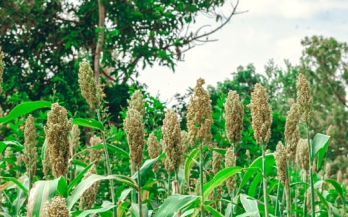
Africa Climate Week 2023
- Nairobi, Kenya
The Africa Climate Week 2023 will bring together government leaders, businesses, civil society organizations, and communities from across the continent to share their experiences, insights, and solutions.
- Nairobi, Kenya
The Africa Climate Week 2023 will bring together government leaders, businesses, civil society organizations, and communities from across the continent to share their experiences, insights, and solutions.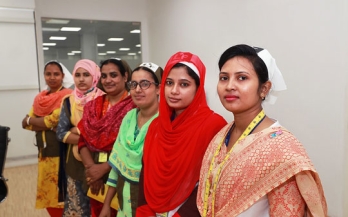
- 11/04/2023
In 2019, in an effort to improve the efficiency and sustainability of its programming, GAIN’s Workforce Nutrition Programme (WFN) shifted away from the traditional project development and evaluation cycle towards a nimbler "Quality Improvement" (QI) approach.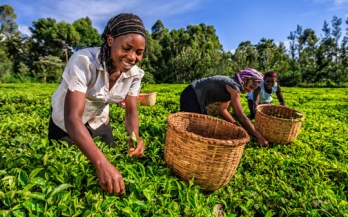
- 11/05/2023
Workforce nutrition is an opportunity to deliver proven benefits for employers, workers, and communities. A definition and framework for workforce nutrition can be found here.
- Global

This podcast will shine a light on people who are working to meet the 2030 targets of UN's…
20 Minutes▶ Play this episode
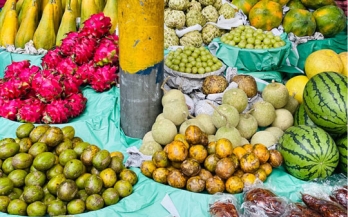
- 19/01/2023
Healthy diets are unaffordable to over 2 billion people worldwide and food access remains a challenge for many. The food environment illustrates the interaction of consumers with different food retail outlets to acquire and consume food.
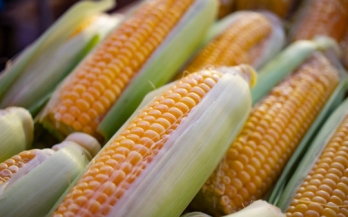
- 10/09/2020
The Commercialisation of Biofortified Crops (CBC) Programme was launched in 2019 to address widespread hidden hunger in Africa and Asia by significantly expanding the reach of foods and food products made with biofortified staple crops.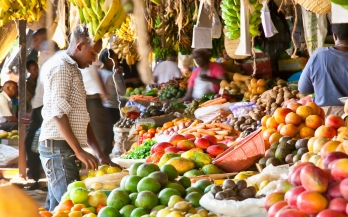
- 16/11/2021
Policy Options Toolkits are a core output of GAIN’s policy and coordination efforts, under the Keeping Food Markets Working (KFMW) programme. These toolkits were developed through a participatory co-design process with GAIN, conducted in Beira and Pemba (Mozambique), Machakos and Kiambu (Kenya) and Rawalpindi and Peshawar (Pakistan) - between September 2020 and September 2021.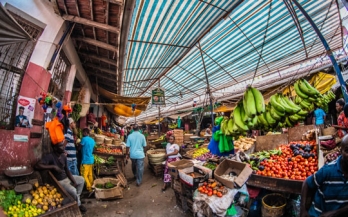
- 04/11/2021
Efforts to increase the consumption of vegetables focus on addressing availability, accessibility, and desirability, usually through a value chain approach. We sought to build on this value chain approach by using participatory systems modelling to address the relatively stable daily per capita vegetable consumption in Nairobi, Kenya over the last 15 years.